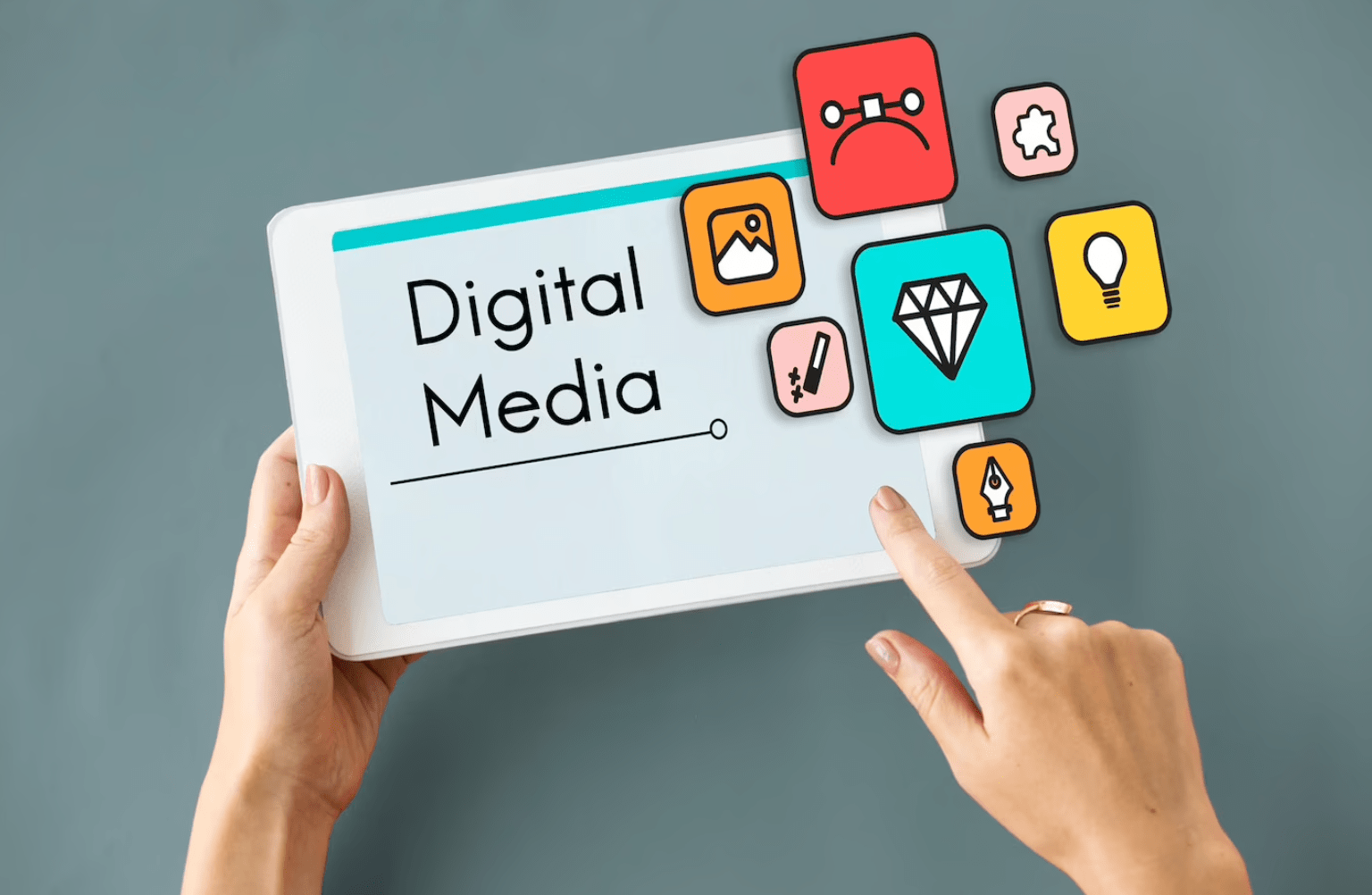The landscape of content marketing is undergoing a profound transformation, thanks to the advent of generative AI technology. As businesses seek innovative ways to engage audiences and streamline content creation, generative AI has emerged as a powerful tool that reshapes how content is produced, optimized, and distributed. In this blog, we’ll explore how generative AI is changing content marketing forever and the implications for marketers and businesses alike.
What is Generative AI?
Generative AI refers to algorithms and models that can generate new content based on existing data. This technology can create text, images, videos, and even music, using machine learning techniques to understand patterns and generate coherent and relevant outputs. Some popular applications of generative AI include chatbots, automated writing tools, and design software.
Key Ways Generative AI is Transforming Content Marketing
1. Enhanced Content Creation
Speed and Efficiency
Generative AI can produce high-quality content at a fraction of the time it takes human writers. Whether it’s generating blog posts, social media updates, or product descriptions, AI tools can quickly create drafts based on specific inputs, allowing marketers to focus on strategy and creativity.
Consistency and Scalability
AI-generated content can maintain a consistent tone and style, ensuring that brand messaging remains uniform across various platforms. This scalability is particularly beneficial for businesses that need to produce large volumes of content to meet customer demands.
2. Personalization at Scale
Tailored Content Experiences
Generative AI can analyze user data and preferences to create personalized content experiences. By leveraging insights from consumer behavior, AI tools can generate targeted messages that resonate with specific audience segments, enhancing engagement and conversion rates.
Dynamic Content Generation
With the ability to adapt content in real-time based on user interactions, generative AI allows for the creation of dynamic content that evolves with the audience. This capability ensures that users receive relevant information, increasing the likelihood of retention and loyalty.
3. Improved SEO Optimization
Keyword Integration
Generative AI can help marketers identify trending keywords and optimize content for search engines. By generating content that incorporates these keywords naturally, businesses can improve their visibility and ranking on search engine results pages (SERPs).
Content Gap Analysis
AI tools can analyze existing content and identify gaps in coverage or topics that are underrepresented. This analysis enables marketers to create content that meets audience needs and fills voids in the market, driving traffic and engagement.
4. Creative Ideation and Inspiration
Idea Generation
Generative AI can assist marketers in brainstorming new content ideas by analyzing existing trends and successful campaigns. This capability helps teams overcome creative blocks and explore innovative concepts that align with audience interests.
A/B Testing and Variations
AI can generate multiple variations of content for A/B testing, allowing marketers to determine which versions resonate best with their audience. This data-driven approach enhances the effectiveness of marketing campaigns and optimizes performance.
5. Cost-Effective Solutions
Reduced Labor Costs
By automating aspects of content creation, businesses can reduce the need for extensive content teams, leading to lower labor costs. Generative AI allows companies to allocate resources more efficiently while still maintaining a high standard of content quality.
Streamlined Workflows
AI-driven tools can integrate into existing workflows, simplifying processes and reducing time spent on repetitive tasks. This efficiency enables teams to focus on strategic initiatives and creative projects, ultimately enhancing productivity.
Challenges and Considerations
While generative AI presents numerous advantages, it also comes with challenges that marketers must navigate:
- Quality Control: AI-generated content may require human oversight to ensure accuracy, relevance, and adherence to brand guidelines. Marketers must be vigilant in reviewing and editing AI outputs.
- Ethical Concerns: The use of AI in content creation raises ethical questions, particularly around plagiarism and authenticity. Businesses need to establish clear guidelines for AI usage to maintain trust and credibility with their audience.
- Dependence on Technology: Over-reliance on AI could stifle human creativity and intuition. Marketers should strike a balance between leveraging AI tools and maintaining the human touch in their content.
Conclusion
Generative AI is revolutionizing content marketing by enhancing efficiency, personalization, and creativity. As businesses embrace this technology, they can create high-quality content at scale, optimize their marketing efforts, and drive engagement in ways previously thought impossible.
However, as with any powerful tool, it’s essential to approach generative AI with caution. By understanding its capabilities and limitations, marketers can harness its potential while ensuring that the human element remains at the core of their content strategy. The future of content marketing is bright, and generative AI is poised to play a pivotal role in shaping that future.



